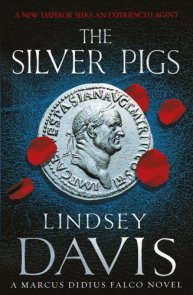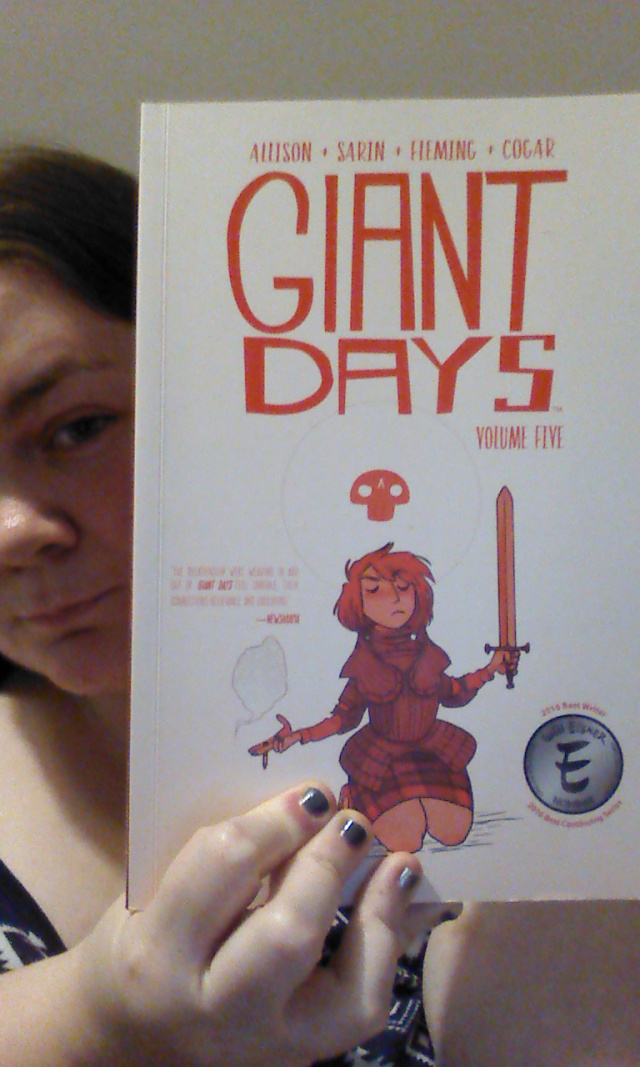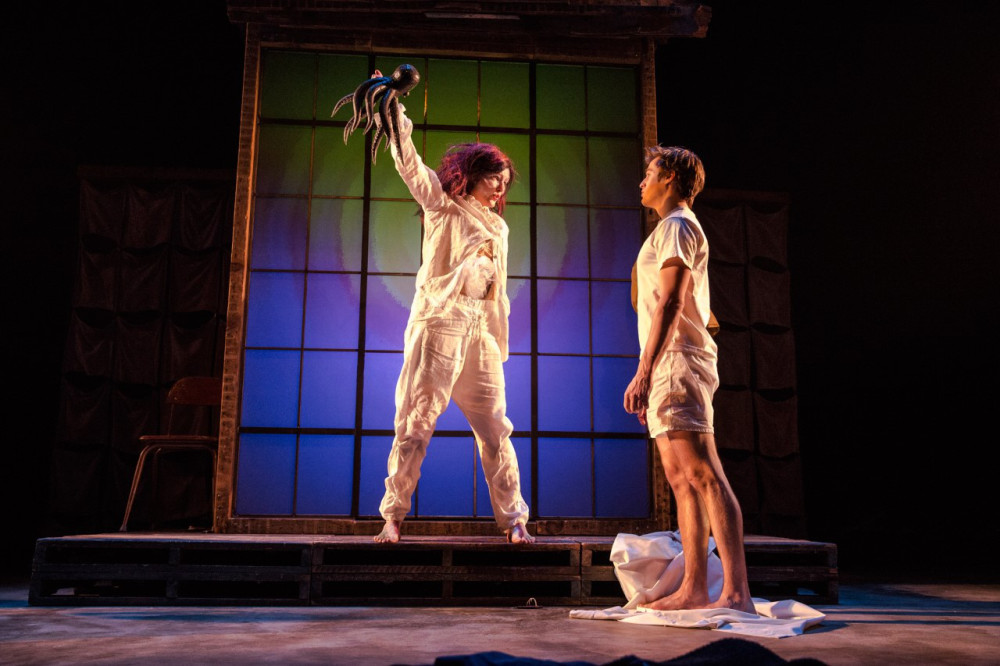

★★★
Marcus Didius Falco: Book I
Falco and I have been waiting for a long time to get to know each other. Now, as I come to the end of my review copies (just three to go before I have a clean slate!), I’ve decided to treat myself to an introduction to everyone’s favourite Roman sleuth. As you’ll have noticed, I tend to avoid historical mysteries, simply because they’ve become so much of a cliché in recent years; but I’m willing to make exceptions for Falco and for Cadfael, both of whom were in on the act before it became a bandwagon. Thanks to Master and God, I already knew that I loved Lindsey Davis’s writing style. This first Falco novel isn’t as polished as her more recent work, but it was heaps of fun and I’m eager to carry on.
Rome, 70 AD. Marcus Didius Falco is a private informer, working for anxious citizens who have doubts about their wives, or trying to solve minor thefts. When he helps a well-bred girl evade some villainous pursuers one day in the Forum, he realises it could signal the beginning of a case worth investigating. But a simple matter of attempted abduction swiftly becomes more complicated. Before Falco can say ‘three-pipe problem’, he’s involved in a murder case that’s spiced with a little bit of treason on the side, and garnished with an illegal stockpile of silver ingots (‘pigs’) from the Imperial mines in Britannia. To identify the traitors, Falco reluctantly returns to the scene of his youthful escapades in the army, in the grim south-western corner of that same Britannia.
To add insult to injury, his cover story is that he’s been sent to escort a senator’s daughter back to Rome. In theory, this would have been all right, but Falco has been yoked to the most opinionated, most uncompromising, most unbearable lady of them all: the fierce Helena Justina, who is the niece of his employer, who doesn’t suffer fools gladly and has clearly categorised Falco under that heading. It’s beginning to look like a long journey back to Rome, and Falco’s troubles have only just begun…
The setting of this novel felt very familiar as it’s almost the same period that Davis used for Master and God: the reign of Vespasian, accompanied by his two promising young sons Titus and Domitian. Indeed, this felt very, very close in many ways to that other book: Falco’s digs in the insalubrious backstreets of Rome aren’t all that different from those inhabited by Vinius, while both men have a gruff exterior that hides a sensitive heart. Although Falco’s story is more obviously comic, I recognised Davis’s trademark brand of laconic aside (‘Vespasian’s banquets were extremely old-fashioned; the waitresses kept their clothes on and he never poisoned the food’). But, having read Master and God, I think I saw the flaws in this early Falco novel more easily. My rating doesn’t mean that I didn’t enjoy it, simply that I know it isn’t the best Davis has to offer. I’ve seen how she can write at full steam and, though brimming with humour and lovable characters, this isn’t quite there yet. And why should I expect it to be? This is the first novel of the series, by a relatively inexperienced author, and Falco is still shrugging into his skin.
But there is still much to enjoy. Falco wants to be thought of as a hard-nosed investigator – it’s almost as if he has some vague idea of what a film noir gumshoe should be like and is, in a confused and anachronistic way, trying to live up to it. He wants us to believe that he’s fighting off women all the time, and he wants to come across as cool and ruthless. But the truth of it is that he’s a hapless Italian boy with an overbearing mother, a tribe of demanding sisters, a squadron of unavoidable nieces and nephews, and a heart that’s inconveniently just a bit too sentimental for his own good. And he writes poetry. Though the woman of his heart wouldn’t appreciate it (Davis is very good at interactions between well-meaning, vulnerable men and strong, independent women):
‘I would never read my poetry to [her]. She would read it for herself, then indicate with underlining where the spelling and rhythms were wrong; I would complain fiercely, then alter it exactly as she had said…’
Falco knows exactly where the power is going to lie in his relationship, and I’m looking forward to finding out whether he’s right. This series promises to be light, undemanding fun for the summer, founded on Davis’s very thorough research (I can convince myself it’s educational too). Since I’ll be reading a lot of serious books over the next few months for work, I shall keep Falco on hand as a pick-me-up for a quick spritz of Roman colour.
Do we have any devoted Falco readers out there? If so, share your favourite instalment with me so that I know to look out for it!
Buy the book
Share this:





